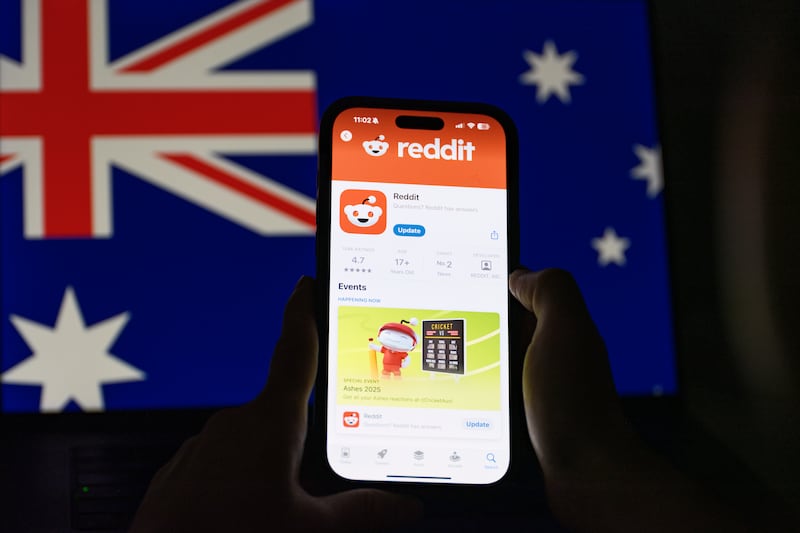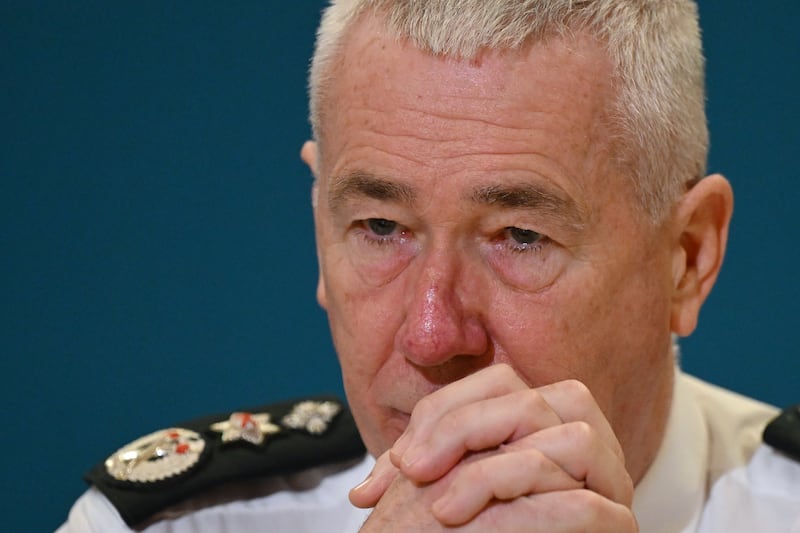Mondays can be hectic because I am in Drogheda from early morning and then I travel back to Beaumont Hospital, Dublin, for ward rounds. Luckily for me, I am driving against the traffic both ways.
On Monday mornings I do rounds in the ICU and general wards at Our Lady of Lourdes Hospital. A pregnant woman who has a kidney problem will be incredibly sick and a decision may have to be made about when the baby comes out. Obviously, that is hugely important for the mother and the baby.
We have a new dialysis unit in Drogheda, the Beacon Drogheda dialysis unit. I am the lead for that unit so I visit it on Mondays.
When we transplant people who are on dialysis, we really change the outlook for them.
If you are on dialysis, you have a 50 per cent chance of being alive in five years. The outlook is better for most cancers than it is for those on dialysis.
When you are on dialysis, you are restricted in what you can eat and drink. You can have only a litre of fluid every day. Diet is also very restricted. And three times a week patients must spend four hours in hospital, and maybe another two hours getting to and from the hospital.
So a kidney transplant really changes a life, and not just for a patient but for a family. If a parent donates to a child, the whole family’s life is improved by that one gift. You can imagine what it’s like if a child has to go on dialysis; it is like a grenade being thrown into that life.
Sharing knowledge
In the morning we do what we call “grand rounds”, which means specialist consultants use cases to share knowledge with medical students and doctors. Recently I got the opportunity to highlight how a kidney injury often has a worse outcome than a heart attack.
Tuesdays vary. I might spend the morning seeing patients who became sick overnight, or I could be meeting families to discuss a patient’s health. I might try to catch up on reviewing tests of living donors. Living donors have to pass a battery of tests. You have to be extremely healthy if you want to donate a kidney. Potential donors fill out a health questionnaire. Age is one factor. If someone who is 18 or 20 wants to donate a kidney, we are conscious that they have a very long life ahead of them. One or two people come forward every week, and we sit down with them and go through the risks.
We have kidney biopsy conferences on Tuesdays: it’s a brilliant meeting where the nephrologists and specialists dealing with adults and children, from Crumlin and Temple Street hospitals, meet to discuss cases and share ideas. It’s also a good teaching opportunity.
On Tuesday afternoons we have management meetings where we discuss ways of improving the department, and any issues that have arisen.
Transplants
On Wednesday mornings I am in the transplant ward at 7.45am. We have periods when we don’t have a transplant for two or three weeks and then we could have 10 in one week. Obviously we don’t have any control over when we get a deceased donor.
We could have up to 12 people in that unit at a time. The hospital is in the process of building a new transplant ward, which will accommodate many more.
We still don’t have “altruistic donors” in this country where someone can donate a kidney for anyone who happens to be on the list. This happens in Britain and Northern Ireland and it is something we are looking at here. I think it is a great idea. I have come across cases where someone who wanted to donate a kidney never knew that they had been born with just one kidney. It never had an impact on their lives.
If someone dies during the programme, we discuss it at the multidisciplinary meeting and ask why, whether there was anything we could have done differently or if there is anything we could learn from it.
A kidney transplant is a massive team effort, with physicians, surgeons, coordinators, nurses, pharmacists, psychologists, immunologists and social workers involved. The average waiting time in Ireland is three years in the case of deceased donors. If you have a living donor, you may not even have to go on dialysis, as when the kidney fails, the process can start.
Last year in Beaumont we carried out 152 kidney transplants, of which 40 were from living donors and 112 were from deceased donors. We started living donor transplants in 2004 and we did three that year. I would very much encourage it. We have a big need. At the beginning of this month there were 573 people on the waiting list.
There has been confusion among patients and their families about the status of the Irish kidney transplant programme, arising out of press reports on the closure of the pancreas transplant service in Beaumont. It is really important to stress that the kidney transplant programme in Beaumont continues in earnest with 108 kidneys transplanted so far this year in both adults and children.
Numbers will vary from year to year depending on the number of kidneys available from living and deceased donors. The pancreas programme has relocated to St Vincent’s Hospital.
Transition clinic
On Thursday we have two different clinics. The transition clinic is for young adults who are moving on from a paediatric setting, which is very sheltered.
We spend a lot of time and resources getting young adults ready for transplants. Sixteen- to 18-year-olds can be very vulnerable. They might stop taking their immune suppressant tablets following a transplant because they feel well and think they don’t need them. Or they may have had a fight with their parents and are looking for attention.
Young adults have enough going on with the whole sex, drugs, and rock and roll thing, so they need attention at this time. This is a really busy, really interesting clinic. Patients come from all over the country.
On Thursday we also have a home therapy clinic. Some patients have dialysis at home. That is our preferred choice. However, hospital may be the best option for those who are very ill or who have other health issues, and some patients like the social aspects of having dialysis in hospital.
From a financial perspective, home dialysis is cheaper than hospital dialysis, and a transplant is cheaper again. It can cost €40,000-€60,000 a year per patient to provide dialysis in hospital, and about €30,000 to do it in the home. A kidney transplant costs €20,000-€30,000, and €7,500 a year after that.
We have about 1,000 people on our books; that’s a lot of potential savings. Getting more donors is one part of it.
Rewarding relationships
On Fridays I carry out ward rounds and I also have a clinic which tends to be chaos as I could have 40-50 patients. I have three registrars working with me but I like to see all the patients.
It is great as I get to meet the transplant patients, as well as people with kidney problems. You develop a relationship with the patients and it is very rewarding.
One of the stories I tell new patients is about a man who was at home in Limerick getting ready to go to his daughter’s wedding when he got the call to say a donor had become available. His wife and daughter were in the hairdresser’s; he obviously could not drive himself, and he was miles away. Eventually, gardaí gave him and one of the family an escort the whole way to Dublin and it turned out very well. All the stops are pulled out at a time like this.
Every transplant patient stands out for me. They all have a story.
Before surgery, I don’t think people are so much scared as conscious of how utterly life changing it is going to be. They may get a call during the night. It is important they get to the hospital as quickly as possible.
One night my phone rang at 3am to tell me one of my patients had got a call and did not want the transplant. I rang him immediately, and he was delighted. English was not his first language and he had not understood. It is an amazing thing to ring someone with news like that.
Out of hours I have two kids who are five and seven so during my time off I am essentially a taxi driver. Having young children keeps me busy, or keeps me out of trouble. I am also involved in scouts. I love to go sailing with colleagues, and I like gardening when I get the time. I spent nine years working in the UK, and a year in Canada, so it is nice to be back in Dublin, within easy access of family. I am lucky as I have a broad base of friends, many of whom work in other areas. Doctors can be quite boring, as we tend to talk shop all the time.



















